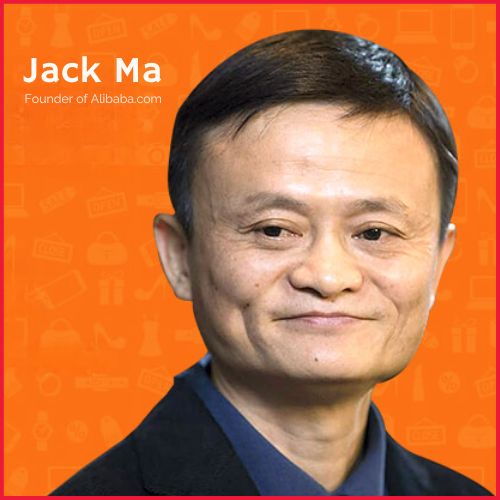Following the launch of 4G services, BSNL is also reportedly aiming to launch 5G services by August 2023. With both 4G and 5G services, the telco aims to reduce customer attrition. Media sources reported that with Rs 26,281 crore offer, TCS would aim to install 100,000 towers for the BSNL-MTNL network. Additional 25,000 towers will be set up in areas affected by left-wing extremism, Lakshadweep islands, and 4G saturation areas.
The Bharat Sanchar Nigam Ltd (BSNL) has received the central government’s nod to go ahead with Rs 26,281 crore deal with Tata Consultancy Services (TCS), paving its way to launch 4G services in India. As reported by media sources, TCS will set up the 4G lines and maintain the network for nine years.
BSNL will give Rs 10,000 crore worth of purchase orders to TCS soon. With this, the state-run telco will aim to launch its 4G services by December 2022 or January 2023. Tata Sons’ unit Tejas Network will manufacture the equipment locally for BSNL. In October, TCS said it would provide the core equipment within 12 months of the order. Radio equipment would be provided within 24 months of receiving the order.
Following the launch of 4G services, BSNL ( Bharat Sanchar Nigam Ltd ) is also reportedly aiming to launch 5G services by August 2023. With both 4G and 5G services, the telco aims to reduce customer attrition. Media sources reported that with Rs 26,281 crore offer, TCS would aim to install 100,000 towers for the BSNL-MTNL network. Additional 25,000 towers will be set up in areas affected by left-wing extremism, Lakshadweep islands, and 4G saturation areas.
The talks had been going on for two years, and the government received bids from HFCL, L&T, and Tech Mahindra. The development comes after the center gave the telco a Rs 1.64 trillion bailout package to cover the 4G launch, operations funding, and capital expenses. With the launch of BSNL’s 4G, India will join the likes of the USA, Sweden, South Korea, and China in developing telecom network technology.
Currently, the market is dominated by the likes of Sweden’s Ericsson, Finland’s Nokia, China’s Huawei, and South Korea’s Samsung.














